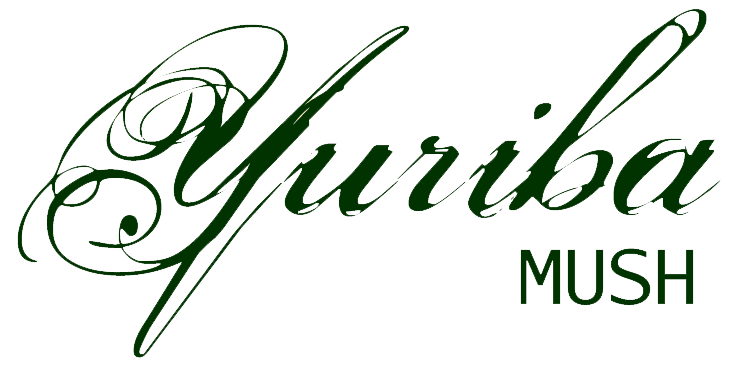Non-Yuriban Faiths
Many faiths and religions (or lack thereof) practiced in other worlds have been brought to Yuriba by immigrants who continue to uphold their own beliefs and values. As a group, any faith not originated on the island would be a Non-Yuriban Faith, the term referring to where it began, not where it is practiced. While there is little organized religious structure for these on Yuriba, a glance over the census shows a variety of beliefs that remain practiced, often including priestesses, paladins, or other divine agents that reside on Yuriba. Many Yuriban immigrants are atheistic, agnostic, or deist, but among structured religions, the most commonly seen include:
- Buddhism: An Indian-originated religion based around the teachings of a being known as the Buddha, including belief in reincarnation. While there are many varieties, common elements of Buddhism include meditation, the transcendence of the physical world, and a focus on non-violence.
- Christianity: Originating in the Middle East, a monotheistic religion with a single creator god whose son died to forgive the sins of mortals. Christianity is probably the best known religion among Yuriban immigrants, as even those who do not follow it often come from European or North American cultures where it is common. Some forms of it are critical of the existence of same-sex relationships, which means that while some immigrants follow this religion, some have also been strongly critical of it due to their experiences in their origin worlds.
- Shinto: A Japanese-based, animist religion, Shinto tends to be seen as largely ethnically linked to those of Japanese heritage, so practitioners of it generally are immigrants from variants on Japan. As what is called a folk religion, highly rooted in cultural practices, Shinto is often followed and practiced alongside other religions, particularly Buddhism.
